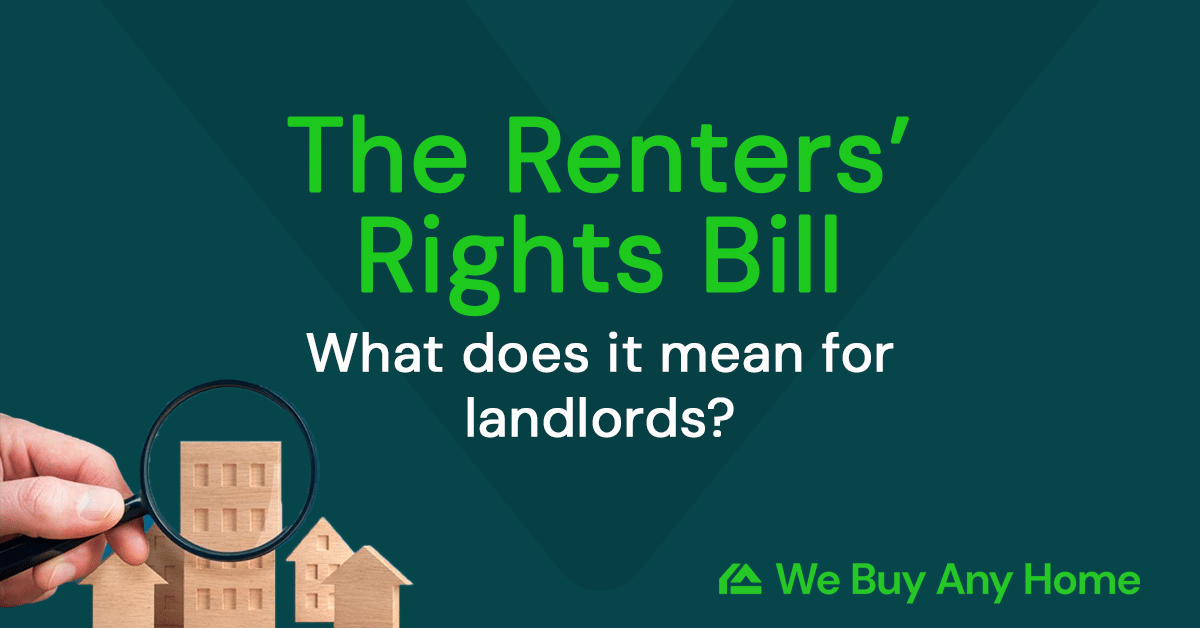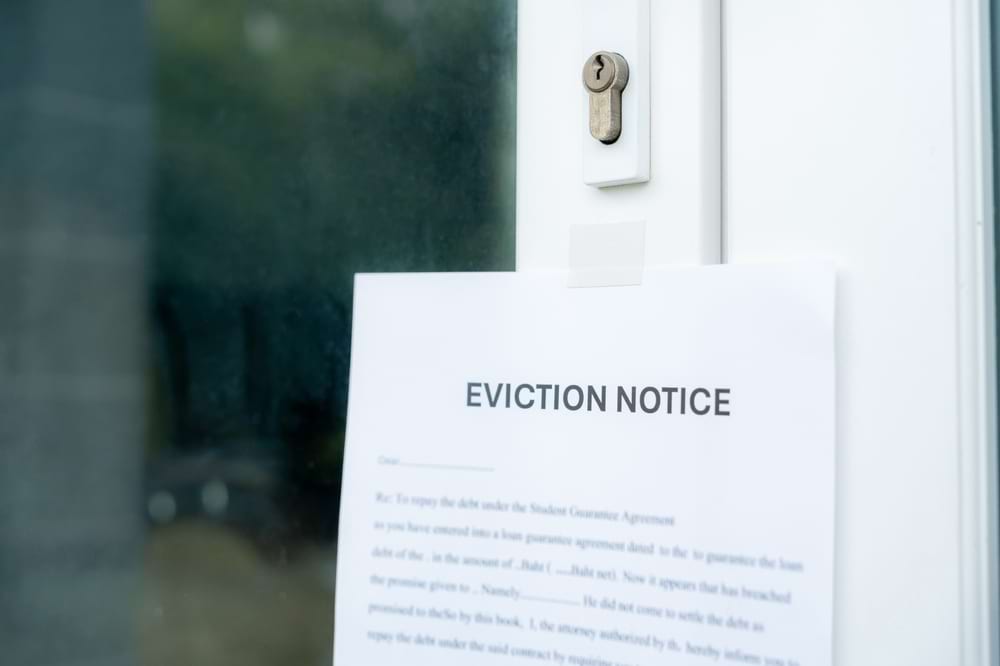It can be stressful being a landlord.
Landlord insurance is one way to reduce this stress, by giving you peace of mind and covering you for unforeseen events.
Bu with so many different types of landlord insurance available, it can be difficult to chose one.
In this article, we will cover:
- What landlord insurance is
- What it covers
- Whether or not it’s necessary for UK landlords.
We’ll also discuss important things to consider around landlord insurance, as well as reasons you may need this type of coverage.
Is landlord insurance necessary?
There is no legal obligation in the UK for a landlord to take out a dedicated insurance policy.
A conventional home insurance policy won’t cover any rental activities.
If something goes wrong while you’re renting a property, you won’t be protected.
If you have a mortgage on your property, it’s also very likely that your lender will require you to take out insurance before you take on tenants.
If you’ve not got a specific buy-to-let mortgage, you’ll need written permission from your mortgage lender before you let your property. Failure to get this may mean that you’re breaking the terms you agreed to with your mortgage lender.
Whether or not you need landlord insurance will depend on a number of factors, including:
- The type of property you own
- How it is being used
- The level of risk you are willing to take on.
As a general rule, if you are renting out a residential property, it is likely that you will need some form of landlord insurance.
Reasons you may need landlord insurance
As mentioned, there are many reasons why a landlord may need landlord insurance, including protecting their investment, their rental income, and their liability.
Protect the property
This can include damage for:
- Damage to the property, such as fire, flooding, etc.
- Damage caused by tenants, such as broken windows or doors, house pest infestations caused by tenants, etc.
- Fixtures, fittings or appliances that the landlord has provided in the property.
While standard home insurance policies may provide some coverage for owner-occupied properties, they may not cover damage caused by tenants, so this can end up costly.
Protect rental income
If a property becomes uninhabitable due to damage or repairs, landlord insurance can help to cover the cost of lost rental income during this time.
If, as a landlord, you are reliant on the income that comes from the rental property, landlord insurance should be a priority.
Liability
If a tenant or visitor is injured on the property, the landlord may be held liable. Landlord insurance can provide coverage for liability claims, including legal costs and compensation.
Overall, while landlord insurance is not a legal requirement in the UK, it is strongly recommended for any landlord to protect their investment and financial stability.
Important things to consider around landlord insurance
When considering whether or not to take out landlord insurance, there are several important factors to keep in mind.
Level of risk
One of the most critical is the level of risk you are willing to accept as a landlord.
For example, if you own a rental property in an area with high crime rates, you may be more likely to experience theft or property damage.
In this case, it may be wise to invest in a comprehensive insurance policy that covers these risks.
Level of cover
Another key consideration is the level of cover you require. It’s important to remember that not all landlord insurance policies are created equal, and what’s covered under one policy may not be covered under another.
Make sure you carefully review the policy documents to ensure that you understand what is and isn’t covered, and if you have any doubts, ask your insurer for clarification.
The cost
consider the cost of the policy and how it will impact your overall profitability as a landlord. You’ll need to balance the benefits of having insurance against the cost of the policy itself.
Remember, the cheapest policy may not always be the best value in the long run, so it’s important to consider the overall benefits of the policy rather than just the cost.



















